Five Health Sciences faculty recognized by Royal Society of Canada
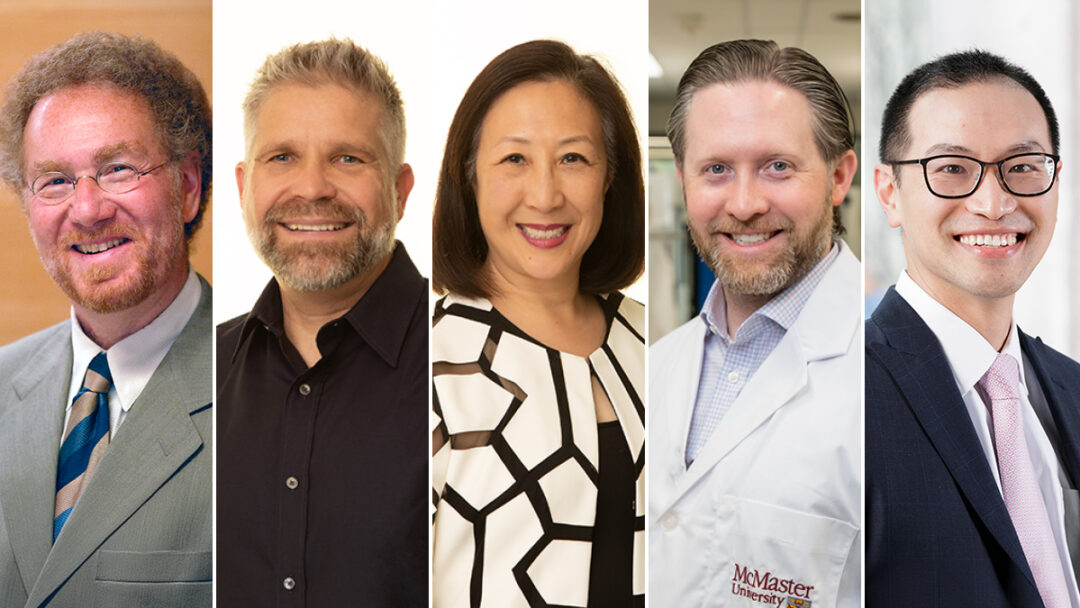
The Royal Society of Canada (RSC) has recognized five McMaster University Faculty of Health Sciences members. This includes two new Fellows and three faculty selected to join the society’s incoming class of the College of New Scholars, Artists and Scientists.
RSC Fellows and Scholars are considered leaders in their fields who are helping build a better future for Canadians and citizens worldwide. Recognizing excellence, the RSC mobilizes the membership to make significant and substantial contributions of knowledge, understanding, and insight through engagement with the larger society.
“It is wonderful to see the immense talent across our Faculty recognized by the Royal Society of Canada, and to welcome five new faculty members to this esteemed group of Canadians,” says Paul O’Byrne, dean and vice-president of the Faculty of Health Sciences. “Congratulations to all of our new Fellows and Scholars.”
New Fellows
Fellows of the RSC are distinguished Canadians from all branches of learning who have made remarkable contributions to the arts, the humanities and the sciences, and to Canadian public life. After rigorous evaluation and review of their accomplishments, leading individuals may be elected to one of the Society’s three Academies – the Academy of Arts and Humanities; the Academy of Social Sciences; and the Academy of Science.
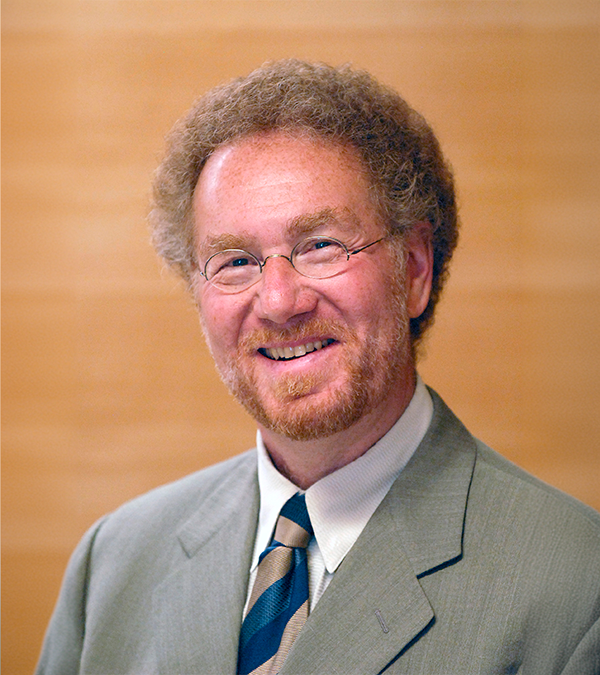
Judah Denburg, professor in the Department of Medicine
Denburg’s pioneering research and leadership in the fields of allergy, autoimmunity, asthma and immune-inflammatory disease have resulted in a new generation of diagnostics and therapies for millions of people. He created and led a globally renowned and interdisciplinary Canadian research network called AllerGen NCE, mobilizing Canada’s leading experts to set standards in understanding and treating allergic diseases and reducing their devastating impact nationally and internationally.
“I have always sought out the cross-fertilization of ideas, transdisciplinarity, and the convergence of pathways of people and thought. These principles have inspired both my work and personal life,” says Denburg.
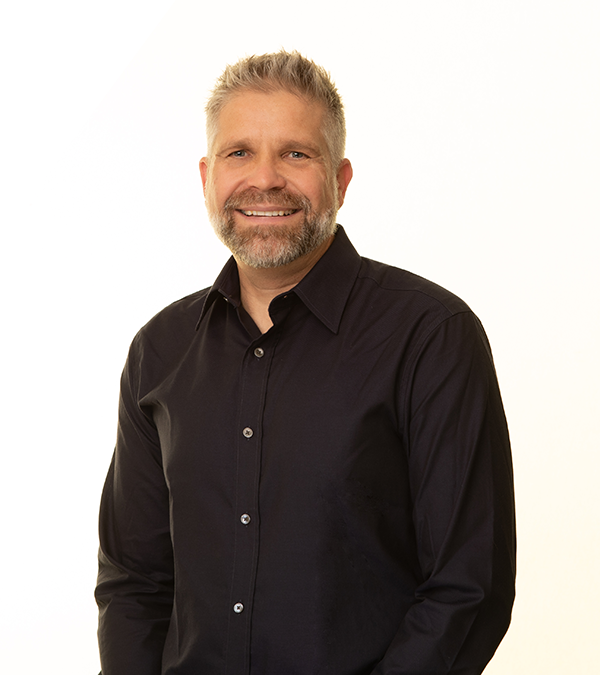
Hendrik Poinar, professor in the Department of Anthropology and a joint member of the Department of Biochemistry & Biomedical Sciences
Poinar is a world-renowned evolutionary geneticist specializing in ancient DNA. He has unearthed important information about the preservation and degradation of organic molecules in the fossil record and how best to access them to address meaningful questions about the past. He is credited with the birth of ancient (patho)genomics via the reconstruction of the genomes of causative agents responsible for the Black Death and Plague of Justinian.
“I am deeply humbled by this prestigious honour. This reflects the collaborative work of many students and colleagues from multiple disciplines without which I would be a lesser scientist,” says Poinar.
College of New Scholars, Artists and Scientists
Members of the College are Canadians and permanent residents who are less than 15 years from the date of PhD or disciplinary equivalent and who have demonstrated exceptional accomplishment. The term of membership in the College is limited to seven years.
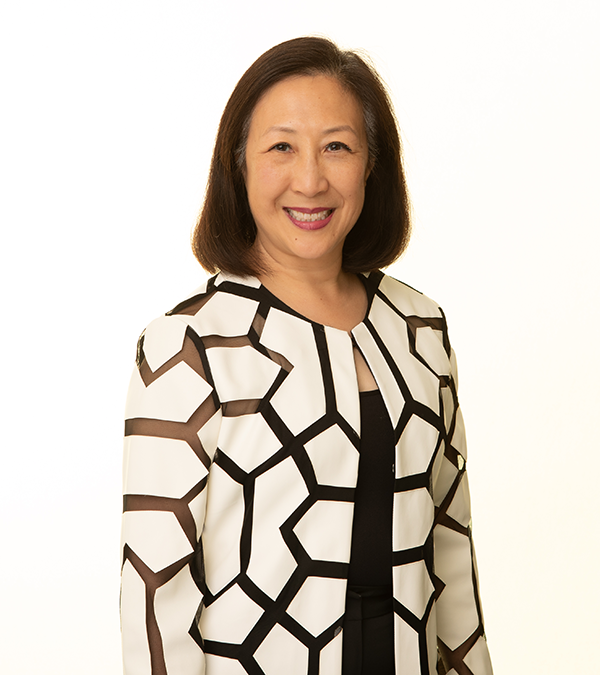
Michelle Kho, professor in the School of Rehabilitation Science
Kho is Canada’s most academically accomplished physiotherapist and clinician-scientist in critical care. A leading thinker in rehabilitation science following critical illness, she has made novel scientific contributions with global impact. Kho has spearheaded ambitious international clinical trials and advanced new rehabilitation research methods to improve the recovery of survivors of critical illness. Committed to excellence in clinical scholarship, her methodological expertise informs national and international practice guidelines.
“As more patients survive critical illness, rehabilitation helps people return to the activities important to them. I am delighted to receive this prestigious honour and am grateful for my collaborators, trainees, and mentors who helped advance the science of critical care rehabilitation. I look forward to working with the College to improve the health of Canadians through multidisciplinary perspectives,” says Kho.
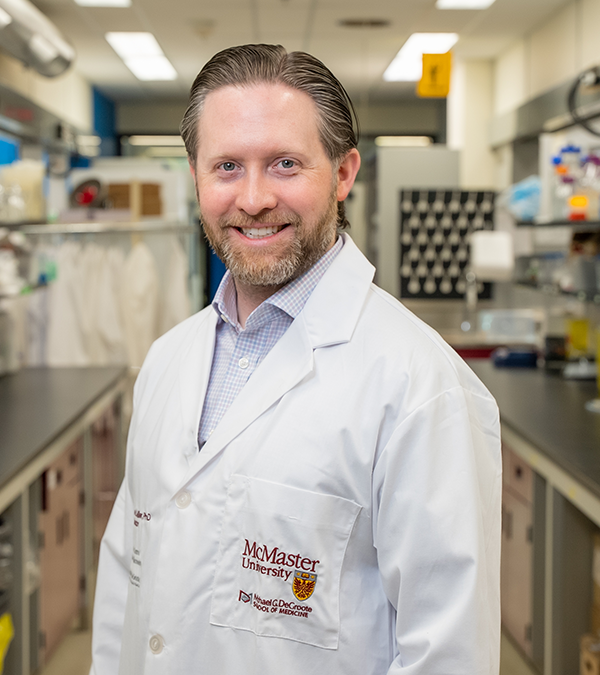
Matthew Miller, associate professor in the Department of Biochemistry & Biomedical Sciences
Miller is an internationally-renowned expert in viral pandemics and vaccinology at McMaster University. He has made significant contributions to pandemic preparedness and the development of broadly-protecting vaccines and therapeutics against pathogens like influenza virus and SARS-CoV-2. His unique approaches to therapeutic development, including inhaled delivery of vaccines and therapeutics to treat and prevent respiratory infections, have been paradigm-shifting.
“It’s a great honour to have been selected as a member of the RSC College of New Scholars, Artists and Scientists” says Miller. “I have had the great fortune of working with teams of incredibly talented colleagues to advance cutting edge research to improve the health of Canadians and the global community. I view sharing my expertise to advise on matters of public interest as an important privilege and duty.”
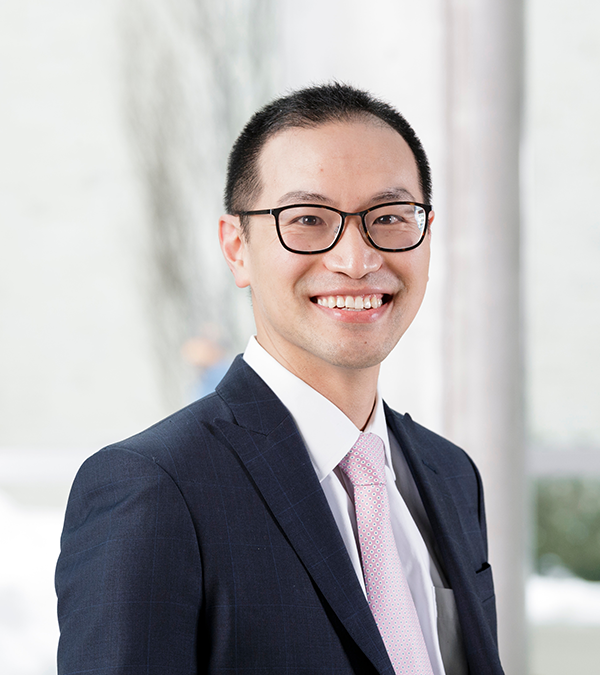
Hsien Seow, in the Department of Oncology
Seow is the Canada Research Chair in Palliative Care and Health System Innovation and an international leader in improving policy, education, and practice so that seriously ill patients receive high-quality and timely palliative care. Seow’s award-winning research enhances health system efficiency and patient-family experience by strengthening community models of palliative care, addressing health inequity, developing quality indicators, and improving patient and family outcomes.
“I’m honoured to join the College and work with visionary scholars from across Canada. I hope my contributions can make Canada the best place to give and receive care,” says Seow.
Related News
News Listing
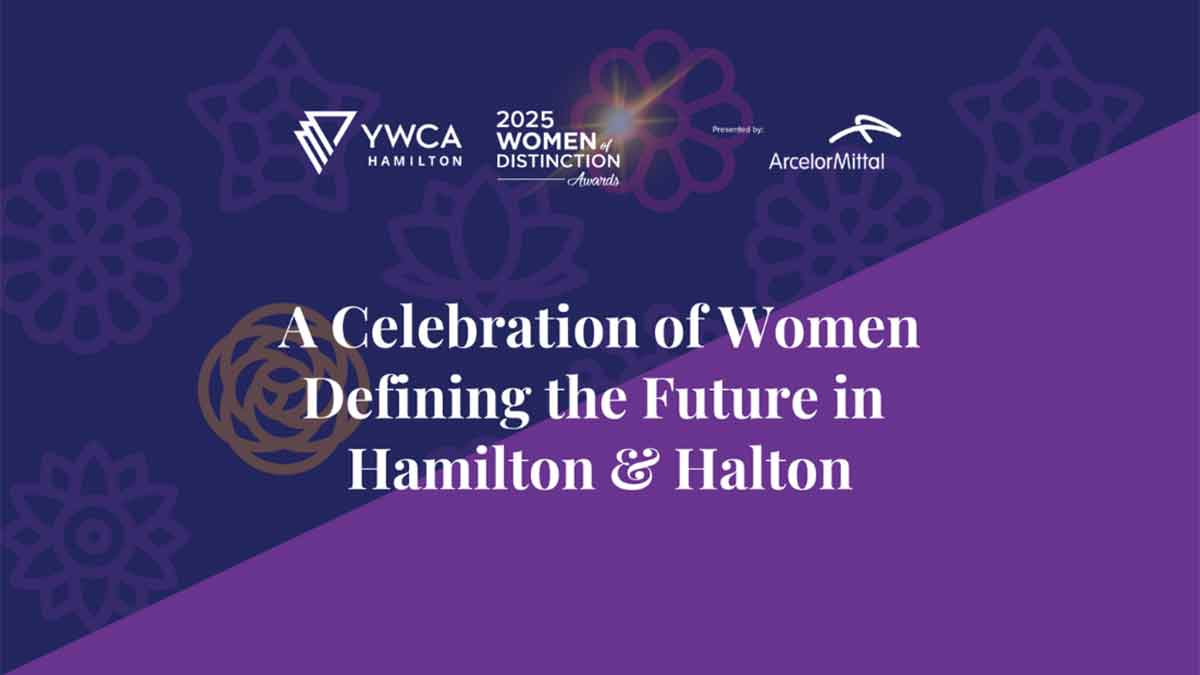
4 days ago
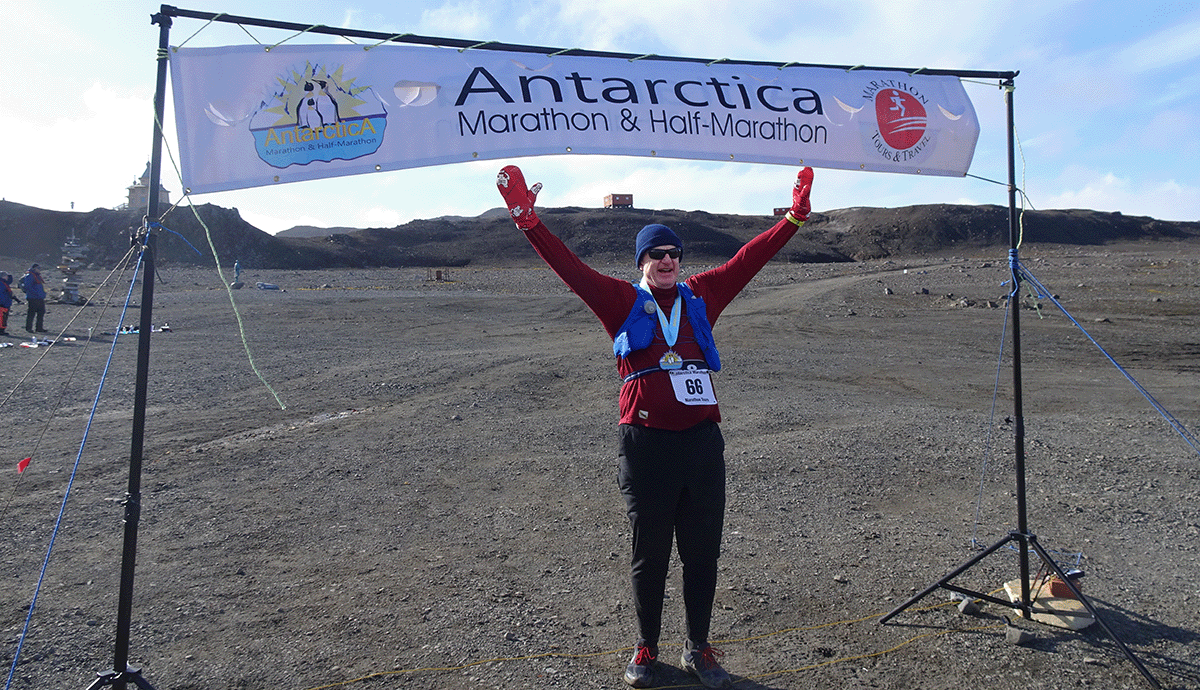
30 marathons, 7 continents: A vice-dean’s running journey across the globe
Faculty & Staff, Feature
7 days ago

